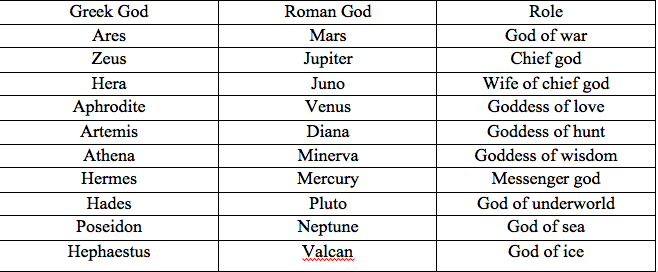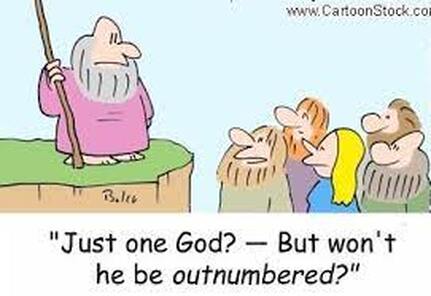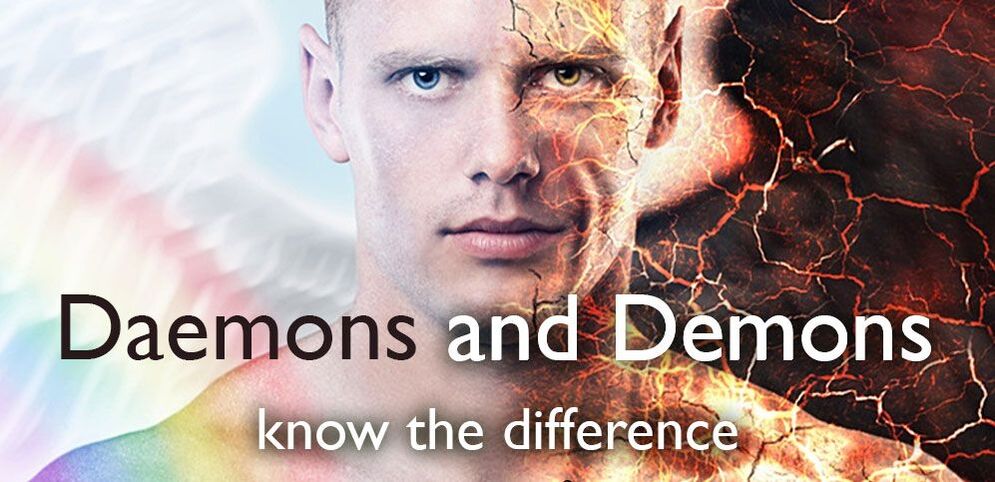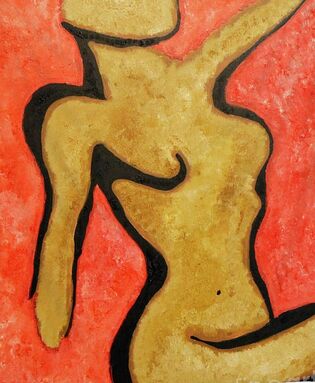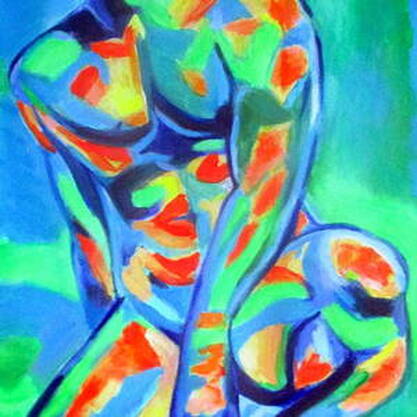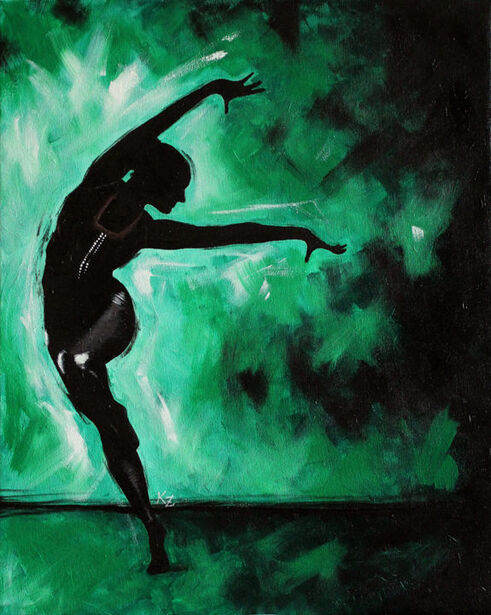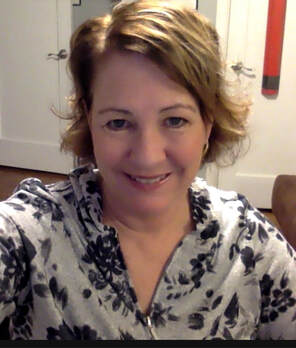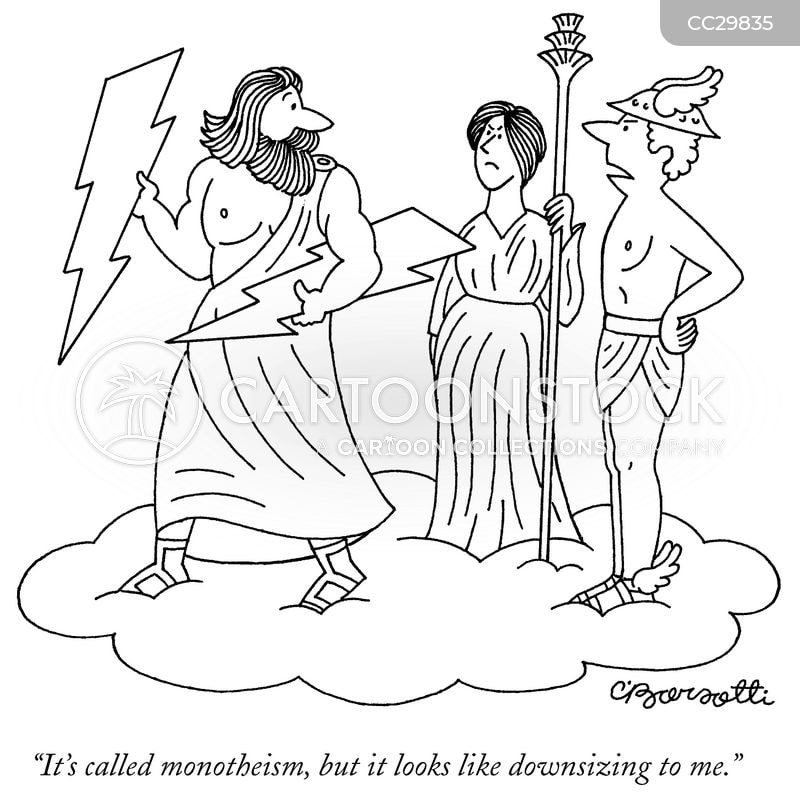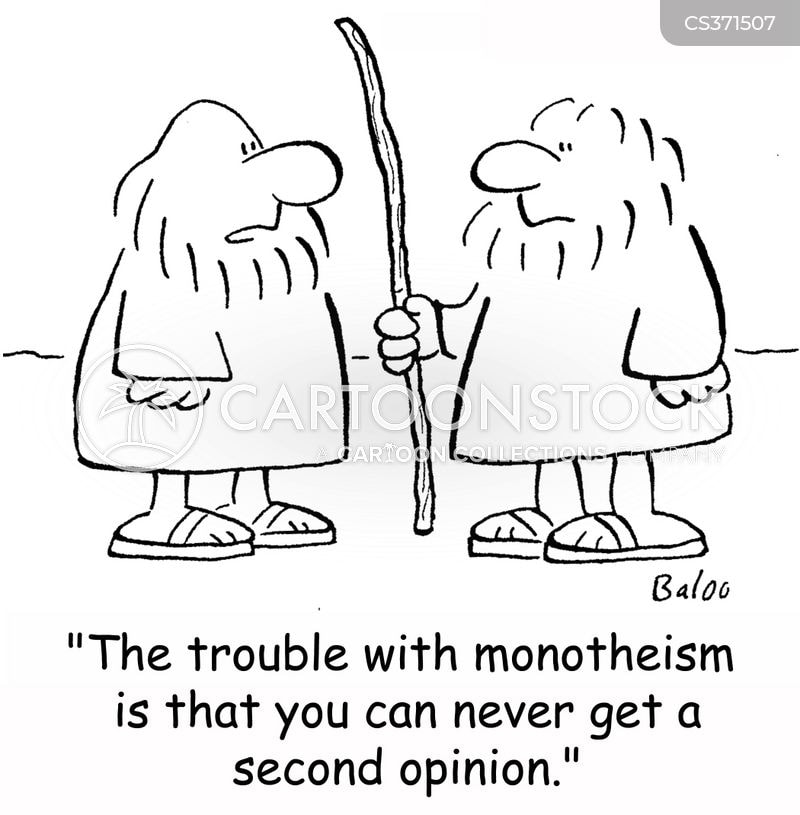Friends, welcome to the 12th edition of the "Tracking Your Wyrd" course.
This love letter is dedicated to our wyrd bodies.
I’m thinking a lot about my body, about all our bodies, this time of year. The first week of the new year, when all the department store circulars feature ads for exercise equipment and clothing gear we can purchase to help us change or control our bodies, when all the pharmacy chain store circulars feature ads for vitamins and supplements and things we can swallow for weight loss or muscle gain (for women, typically to make them smaller and trimmer, and for men, to make them larger and more muscular).
This is not that kind of love letter.
This is a love letter not to our fit—or unfit—bodies. This is a love letter to our bliss bodies. This is a love letter to the way being our wyrd can bring our body bliss, love, fulfillment, contentment, serenity, joy, energy, expansiveness, strength, light, and purpose. This week, when we track our wyrd, I want us to track it in our beautiful bodies, our bodies that often know far more than we are consciously aware of about the expression of our wyrd.
As some of you know, I teach a course both at Pacifica Graduate Institute and online through my website called Deep Vocation: Restorying Your Soul’s Purpose, Power, and Pleasure. In that course, which is really an expansion on many of the themes of these love letters, I make an argument that our vocation (our calling or our purpose, the reason why we are here, what we are here to do and to be) is to embody and express our wyrd. I use the word “embody” because there’s nothing we can do in life without our bodies. Our calling, our purpose, is always expressed through the body and with the body. So we can turn to our bodies as a source of knowledge, a source of confirmation, about our wyrd.
|
One of my favorite quotes on vocation comes from the famous 20th century singer and dancer Josephine Baker. “Is that what they call a vocation, what you do with joy as if you had fire in your heart, the devil in your body?” It’s probably easy for you, as it’s easy for me, to go along with the first part of her conjuncture—when we’re following our vocational path, which means when we’re closest to our wyrd, we feel joy as if we have fire in our hearts. But what does this mean, the devil in our bodies? Does this mean our vocations carry a demonic element?
For those of us raised in religious traditions that believe in the devil as the incarnation of evil, it seems ill-advised at best and heretical at worst to encourage people to follow the devil in their bodies as a way of tracking their vocation! Imagine a high school guidance counselor sitting down with a student to discuss their career options, and dolling out this advice: “Find the devil in your body and follow that into your career bliss.” No no no no no.
|
But, yes yes yes yes yes, if you know your word etymology and history.
You’ll remember I opened this course by talking about how the Roman word for our wyrd is genius. Our wyrd was embodied by the Romans by the Genius who accompanied us into this world as the guardian of our wyrd, as its highest expression. Remember when I said we aren’t geniuses, according to the myth of Er, but we have a Genius, a particular spirit sewn into us by the three sisters of Fate, those Wyrd sisters who weave us together into our particularity and peculiarity.
|
Remember too that the Greek word for the Genius is the Daimon. I’ve been using the Roman term in these love letters more frequently because it’s a word we’re more familiar with (and it’s easier to pronounce!), but just as the Romans appropriated the Greek pantheon by changing the names of the Gods (so the Greek god Zeus became the Roman god Jupiter, so the Greek goddess Aphrodite became the Roman goddess Venus), so the Greek Daimon became the Roman Genius. |
Hang in here with me. This is gonna get good.
Daimon in Greek, δαίμων, means “a dispenser, a god, a protective spirit” and “a ministering spirit.” The Greeks conceptualized the Daimon as a dispenser of our wyrd, a protective spirit of our wyrd, the minister (administrator) of our wyrd. The Daimon is a supernatural power who determines our fate, a god in its own right, not a god “out there” to be worshipped but a god “in here” to be heeded and honored.
|
As Christianity came in to usurp the polytheistic view and replace it with a monotheistic one—as it replaced the idea of multiple gods and goddesses from the Greek and Roman traditions with the idea of one supreme (and male) God—the idea that we had a personal god within became heretical. There was only one God, a universal God, and in most traditional sects, that God could not be directly accessed by people (as the gods could be accessed by humans in the Greek and Roman tradition), but could only be accessed by means of a medium like a pope or a priest, who received “the word” and passed it onto us by their magical powers of intercession. The Daimon no longer ministered to our souls directly—we needed a Minister (historically male) for that.
|
When that happened, the word “daimon” became, well, demonized. The word, which was also spelled “daemon,” became “demon” and its meaning was turned on its head. No longer a benevolent god who resides within us and has our best interests at heart, the daemon became a demon became the devil became something we need to cast out of our bodies because it only means us and others harm. The daemon was no longer a supernatural being who protected and ministered to us, but was instead a demonic devil from whom we needed protection and ministry against.
Oh goodness. From such goodness came so much badness.
So back to Josephine Baker’s quote. “Is that what they call a vocation, what you do with joy as if you had fire in your heart, the devil in your body?” I don’t proclaim that my interpretation of “the devil in your body” is how she meant to use the phrase. This is my imaginative, mythological (re?)reading of her line. This is Jennifer’s Greek take:
“Is that what they call a vocation, what you do with joy as if you had fire in your heart, your Daimon in your body?”
This is Jennifer’s Roman take:
“Is that what they call a vocation, what you do with joy as if you had fire in your heart, your Genius in your body?”
This is Jennifer’s Nordic take (since “wyrd” is from Norse mythology):
“Is that what they call a vocation, what you do with joy as if you had fire in your heart, your Wyrd in your body?”
“Is that what they call a vocation, what you do with joy as if you had fire in your heart, your Daimon in your body?”
This is Jennifer’s Roman take:
“Is that what they call a vocation, what you do with joy as if you had fire in your heart, your Genius in your body?”
This is Jennifer’s Nordic take (since “wyrd” is from Norse mythology):
“Is that what they call a vocation, what you do with joy as if you had fire in your heart, your Wyrd in your body?”
|
Historical and etymological explanations aside, here’s my point. I agree with Elizabeth A. Behnke who said,
“There is deep wisdom within our very flesh, if we can only come to our senses and feel it.” There is deep wisdom within our very flesh about our vocation, about our calling, about our fate, about our wryd, if we can only come to our senses and feel it. We’ve talked about this earlier when I suggested we look at what our peak experiences reveal about our wyrd—what were we doing, how were we feeling--when we reached those highs in our lives. And those highs in our lives may be accompanied by joy, as Josephine Baker characterized them, but they may also be accompanied by other strong physical feelings like: |
Abstract Female Body Tapestry by Maria Vu
|
- Bliss
- Love
- Fulfillment
- Contentment and/or being on purpose
- Energy and/or enthusiasm
- Expansiveness
- Strength and/or vitality
- Serenity
- Focus and/or flow
- Oneness with others and/or with spirit
- The complete and satisfied exhaustion that comes with giving the best of ourselves away and receiving everything in return
To name a few.
So for this letter, I have two suggestions for you in tracking your wyrd.
The first is to go back to those times you felt such strong physical feelings like the ones listed above, and to journal about what you were doing then, who you were being then. For instance, take some time to track serenity in your life. When have you been the most serene (defined as calm, peaceful, untroubled) in your life? Where were you? What were you doing then? Who were you being then? You can also track it back to your strengths—what strengths were you exhibiting then? And track it back to your values—what values were you expressing then? How do these moments of supreme serenity offer you clues about your wyrd, about the daimon that resided in your body?
The second suggestion is to pay attention this week ahead (pay attention always, but at least especially for this week) to your body. When your body feels some fire within it, cock your head toward that feeling with curiosity and ask, what am I doing? Who am I being? What is my Genius expressing or telling me about myself? |
Now of course, this can work in reverse. Your body can also tell you when you’ve squashed your Genius, when you’re estranged from your Daemon, when you’ve willed or walled away your Wyrd. Some strong bodily feelings may accompany this separation and lack of expression such as:
- Listlessness
- Depression
- Lack of vitality
- Extreme discontent
- Feeling small or mean
- Stagnation
- Despair
- A feeling of being in a funk
- Joylessness
- The complete and dissatisfied exhaustion that comes with giving ourselves away and receiving nothing in return
To name a few.
|
So you could apply the same suggestions for this week here. If you go back to the times in your life when your body was in its most supreme expressions of dissatisfaction, I’ll venture a big fat bet that your wyrd was not on fire, that your Genius was not an active presence in your life. For instance, take some time to track the times in your life when you were in the biggest funk (defined as the serious blues or a state of depression.) Where were you? What were you doing then? Who were you being then? You can also track it back to your strengths—what strengths were you (not) exhibiting then? And track it back to your values—what values were you (not) expressing then? How do these moments of extreme funkiness offer you clues about your wyrd, about the daimon that resided (or not) in your body?
And you can do that with the present moment as well. You can pay attention this week (pay attention always, but at least especially for this week) to your body. If your body feels a lack of joy, a lack of fire, a lack of the devil-demon-Daimon within, cock your head toward that feeling with curiosity and ask, what am I (not) doing? Who am I (not) being? What is my Genius expressing or telling me about myself? And as a thought experiment, you might ask yourself, How might being more of myself, my “Youer of You” (see Love Letter #11), spark something within my body, bring a little more song and dance and joy and fire to this journey called life? In tracking my wyrd, is my body telling me I’m somehow off track?* |
Sofia (Dancer Series) by Nymira Gray
|
Friends, I’m right here with you, as we all pay loving and gentle attention to the devil-demon-daemon-daimon-genius-wyrd in our bodies.
Until next week,
Love, Jennifer
The body is a multilingual being. It speaks through its color and its temperature, the flush of recognition, the glow of love, the ash of pain, the heat of arousal, the coldness of nonconviction. . . . It speaks through the leaping of the heart, the falling of the spirits, the pit at the center, and rising hope. Clarissa Pinkola Estés It is amazing how many hints and guides and intuitions for living come to the sensitive person who has ears to hear what his body is saying. Rollo May |
*Our bodies may be telling us many things with her symptoms, with her depressions, with her exhaustions. It’s not all about the expression, or lack thereof, of our wryd—I never want to be reductive like that. Ludwig Wittgenstein wrote, “The human body is the best picture of the human soul.” It sometimes takes great discernment to understand the picture our bodies are painting about the state of our soul. I would posit, however, that it can be a challenge to fully express our wyrd when our bodies and souls are veiled in darkness.
If you’re interested in a more in-depth study of how to bring your wyrd and your genius into more congruence in your vocational life, consider my course Deep Vocation: Restoring Your Soul’s Purpose, Power, and Pleasure. Click here to learn more.



